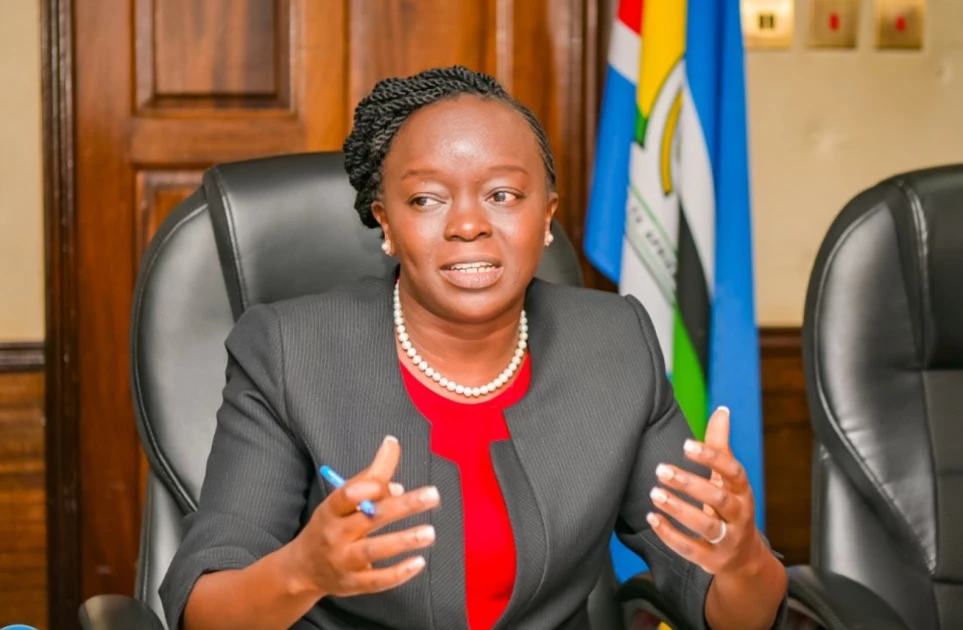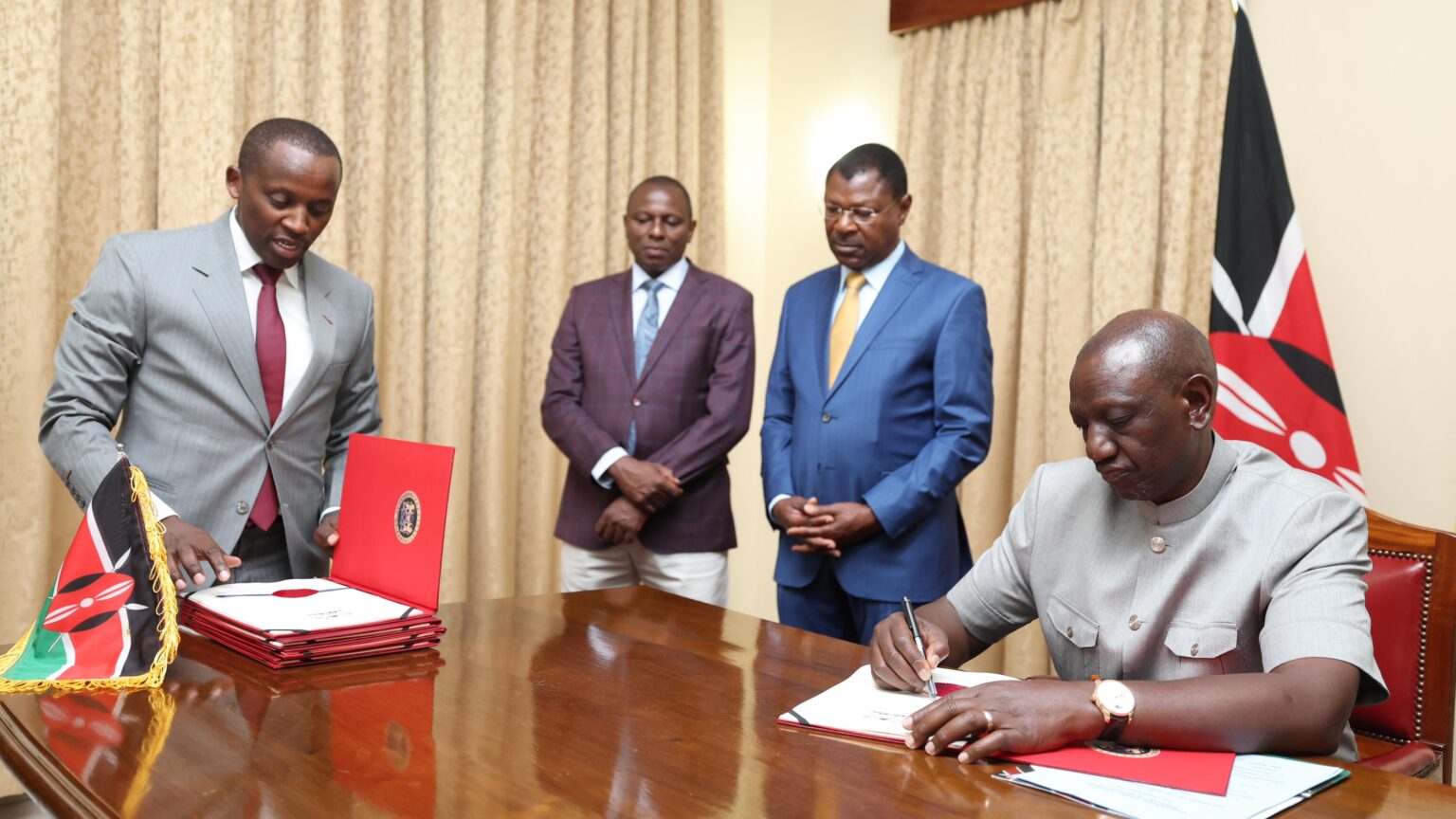The Rural and Urban Private Hospitals Association of Kenya (RUPHA) report highlights that providers who received payments for November were mainly compensated for outpatient care, leaving facilities in financial distress. This is exacerbated by reduced capitation payments and delayed reimbursements for care that was previously covered under NHIF
The latest assessment of the Social Health Authority’s (SHA) new health insurance scheme reveals that rampant corruption continues to plague the system, two months after it replaced NHIF. According to a report from the Rural and Urban Private Hospitals Association of Kenya (RUPHA), some private facilities received payments for November leaving them uncertain about the purpose of the funds. This indicates that the transition from NHIF to SHA remains largely superficial, failing to practically address the longstanding challenges.
“Transparency issues persist, with 22 percent unsure about the purpose of payments received,” RUPHA said in its report, titled “SHA Transition Survey Results for December 2024.”
The report highlights that providers who received payments for November were mainly compensated for outpatient care, leaving facilities in financial distress. This is exacerbated by reduced capitation payments and delayed reimbursements for care that was previously covered under NHIF.
Alarmingly, 39 per cent of health providers have yet to be paid, according to the report, indicating severe issues with the reimbursement process. “On outpatient reimbursement, concerns persist over reduced capitation amounts and unresolved payment mechanisms, impacting service delivery and provider confidence,” the report states.
This marks the sixth scorecard for the SHA scheme, with the survey revealing stagnant progress, as the SHA transition score remains at 46 per cent—unchanged from November. “This indicates stagnation in progress, with key systemic issues yet to be addressed,” the report notes.
Access challenges on the SHA system have worsened, rising from 17 per cent in November to 29.3 per cent this month. Additionally, 17 per cent of hospitals reported being locked out of the system, while 12.2 per cent cited issues with non-functional credentials.
The report also points to training gaps, with only 44 per cent of providers feeling adequately trained on the SHA portal, a significant decline from 60 per cent in November.
On e-contracting, the survey reveals that 77 per cent of providers have signed contracts but continue to face barriers such as technical errors. RUPHA has called for urgent interventions to resolve these systemic challenges and improve the SHA transition process. “Challenges such as frequent portal downtimes, delayed payments, and inadequate training on the system hinder providers and patients,” the report concludes.





